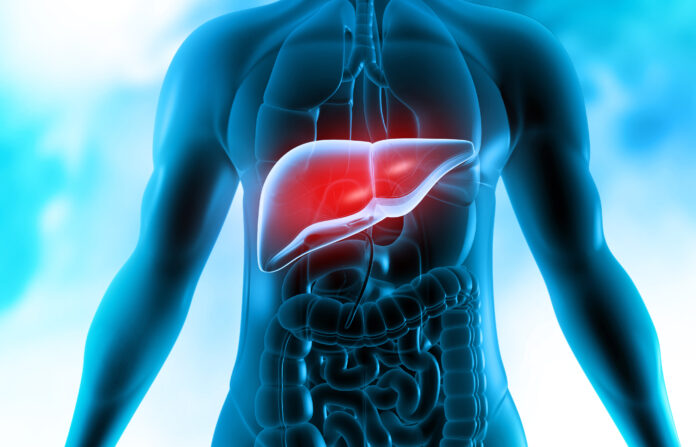
Novo Nordisk’s semaglutide (Wegovy) delivered impressive results against liver fibrosis and MASH (metabolic dysfunction-associated steatohepatitis) in a phase III trial, the company has reported. The trial showed a statistically significant and superior improvement in liver fibrosis with no worsening of steatohepatitis, as well as resolution of steatohepatitis with no worsening of liver fibrosis with semaglutide compared to placebo.
This piles on the stack of possible indications for the drug, which was just approved for cardiovascular disease prevention in those with obesity in March of this year.
“Wegovy is now the first weight loss medication to also be approved to help prevent life-threatening cardiovascular events in adults with cardiovascular disease and either obesity or overweight,” said John Sharretts, MD, director of the FDA’s Division of Diabetes, Lipid Disorders, and Obesity.
In addition to helping people with obesity lower blood sugar levels, lose weight, and prevent heart disease, Wegovy has also shown promise for lowering risk of kidney disease, combating substance abuse, treating dementia, pancreatitis, and more.
However, a MASH approval could be significant for a drug that already has a market value of $112.5 million.
“Among people with overweight or obesity, one in three live with MASH. This has a serious impact on their health and represents a significant unmet need,” Martin Holst Lange, MD, PhD, executive vice president and head of development at Novo Nordisk.
These results were from part one of the ongoing ESSENCE trial, a pivotal phase III, 240-week, trial in 1,200 adults with MASH and moderate to advanced liver fibrosis (stage 2 or 3). This trial evaluated the effect of once-weekly semaglutide 2.4 mg on liver tissue (histology) compared to placebo on top of standard of care for the first 800 randomized people at 72 weeks.
The trial achieved its primary endpoints by demonstrating a statistically significant and superior improvement in liver fibrosis with no worsening of steatohepatitis, as well as resolution of steatohepatitis with no worsening of liver fibrosis with semaglutide 2.4 mg compared to placebo. Semaglutide 2.4 mg appeared to have a safe and well-tolerated profile in line with previous trials.
“We are very pleased about the ESSENCE clinical trial results and the potential of semaglutide to help people living with MASH,” said Holst Lange.
Novo Nordisk says it expects to file for regulatory approvals in the U.S. and EU in the first half of 2025. The detailed results from ESSENCE will be presented at a scientific conference in 2024. Part two of the ESSENCE trial will continue with expected readout in 2029.
More than 250 million people live with MASH and the number of individuals in advanced stages of the disease is expected to double by 2030. Of those who are currently overweight or living with obesity, more than one in three are also living with MASH. People living with MASH often experience few or no specific symptoms in the early stages of the disease, which often results in delayed diagnosis. The risk of progression to advanced liver disease, including liver cancer, is higher in people living with MASH than in the general population.





